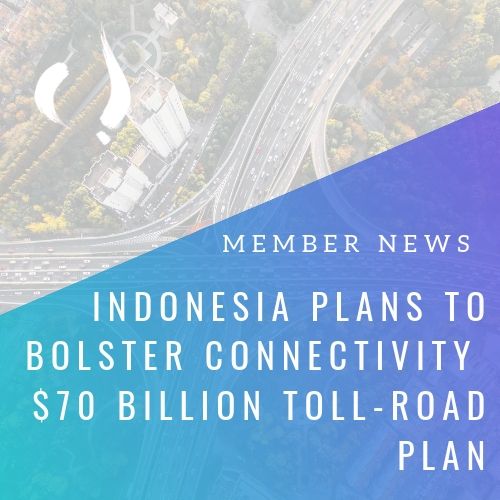The plans involve building 5,400 kilometres of fee-charging highways by 2024 tripling the size of the current network, according to Bloomberg.
The government has said that it wants to make it much easier to move food and fuel across the largest archipelago in the world.
Indonesia planning minister Bambang Brodjonegoro said there are about over 17,000 islands in Indonesia, which means high logistics costs. Better connectivity among these islands would boost the economy, he said.
According to the Straitstimes, over half of the new toll roads will run from Sumatra to the two ends of those islands.
There are concerns about the $70bn cost of the project. Analysts worry about the impact on Indonesia’s banking system and the balance sheets of local construction companies.
Project finance expert John Yeap of Pinsent Masons, the law firm behind Out-Law, said: “Indonesia as an archipelagic nation has the challenge of building connectivity across the country. There has been much progress in Java over the past decade but much remains to be done as infrastructure investment had been stalled for the best part of over a decade following the Asian financial crisis of 1997. Capital raising is a challenge but so are issues such as securing land rights which has historically been a challenge. In order to implement this huge infrastructure plan much has to be done to address these challenges.”


